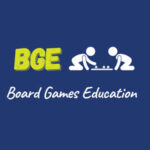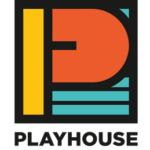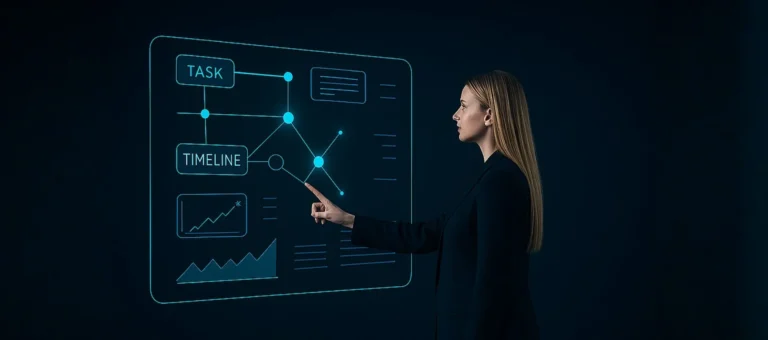We Have Fun & Learn Playing Board Games
4 two-hour sessions per month
Start Date: 13.03.2023
End Date: 07.04.2023
30€
Group Registrations: 25€
Can playing board games develop our intelligence? Yes!
Recognizing the significant impact of board games on children’s development, JOIST promotes experiential education through them and organizes a new educational program for children from 7 to 17 years old, with 4 2-hour sessions per month, to have fun and learn by playing board games.
The program aims to cultivate the 7 types of intelligence (linguistic, logical, emotional, interpersonal, kinesthetic, musical and spatial) through play. The children are organised in groups of 8 according to their age and, under the guidance of the games expert, they play a selection of different board games once a week, for 2 school hours.
What is a board game, and what does it offer?
A board game is a structured social activity in which children learn to exercise their creativity, develop their imagination and enhance their communication skills.
Board games contribute to developing a global perception, logical thinking, strategy and systematic thinking. The concepts that dominate board games, such as “sharing”, “waiting my turn”, “cooperating”, “accepting and learning from failures”, “communicating”, “solving problems”, “following rules”, etc., offer a unique opportunity for children to explore them in real life situations.
Friends and families of the children can participate in the educational program.



